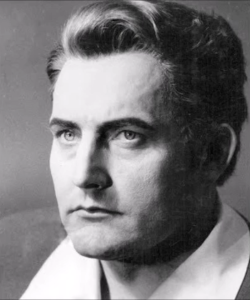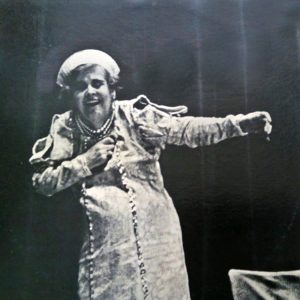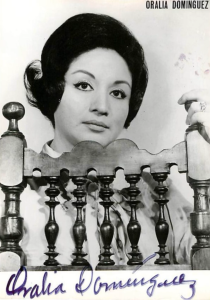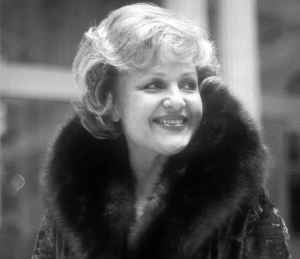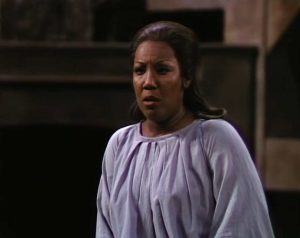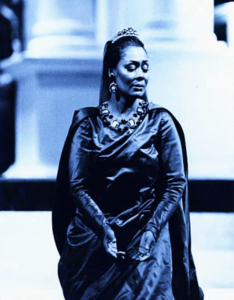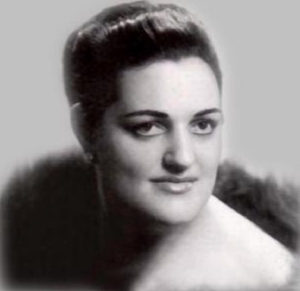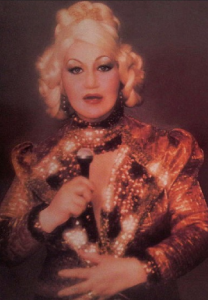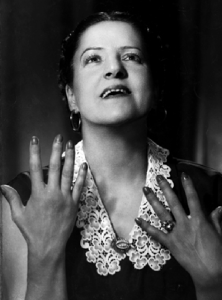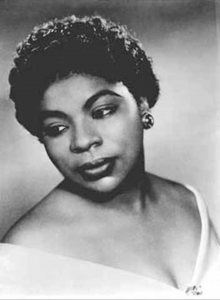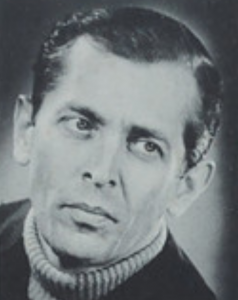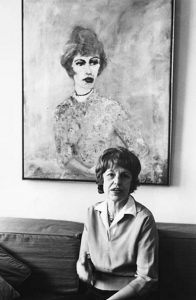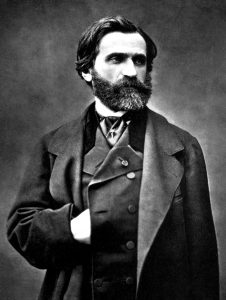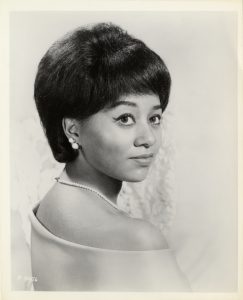Podcast: Play in new window | Download (Duration: 1:44:25 — 0.1KB) | Embed
Subscribe: Spotify | TuneIn | RSS | More
A brand-new episode today inaugurating a series of episodes belatedly celebrating my birthday that will see us through to the end of the month. I have so many singers, composers, and topics in which I am interested and hope to devote full episodes to in the near future. This is the first of two episodes focusing on baritones (and a few bass-baritones) who have not yet received full Countermelody treatment. Among the singers included: Josef Metternich, Tom Krause, Walter Berry, Theodor Uppman (pictured), Erich Kunz, Charles Panzéra, Roland Hermann, Aubrey Pankey, Kostas Paskalis, Pavel Lisitsian, Gianni Maffeo, John Shirley-Quirk, and exemplary pop singers Scott Walker and David Allyn singing a wide range of music from art songs of Sibelius, Rachmaninov, Griffes, Diepenbrock, and Vaughan Williams, to mélodies by Ravel, Debussy, and Hahn, to Lieder by Schubert and Brahms, to operetta arias to opera scenes and arias by Leoncavallo, Verdi, and Manfred Gurlitt; to pop songs by Randy Newman and Rodgers and Hart. And that’s just the tip of the iceberg: also teased are forthcoming episodes on arie antiche and the Polish-Swiss composer Constantin Regamey. Come to think of it, today’s is an excellent introduction to the Countermelody podcast in all its range and scope.
Countermelody is a podcast devoted to the glory and the power of the human voice raised in song. Singer and vocal aficionado Daniel Gundlach explores great singers of the past and present focusing in particular on those who are less well-remembered today than they should be. Daniel’s lifetime in music as a professional countertenor, pianist, vocal coach, voice teacher, and author yields an exciting array of anecdotes, impressions, and “inside stories.” At Countermelody’s core is the celebration of great singers of all stripes, their instruments, and the connection they make to the words they sing. By clicking on the following link (https://linktr.ee/CountermelodyPodcast) you can find the dedicated Countermelody website which contains additional content including artist photos and episode setlists. The link will also take you to Countermelody’s Patreon page, where you can pledge your monthly or yearly support at whatever level you can afford.

